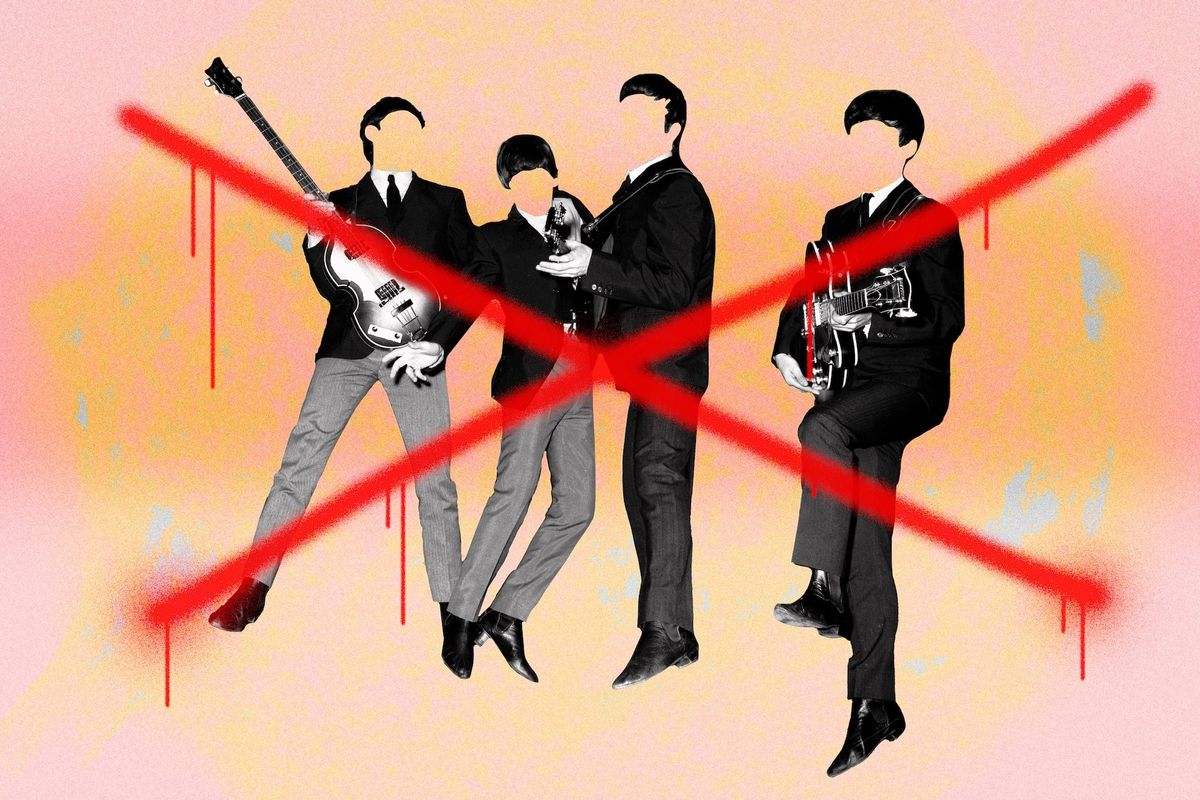In retrospect, perhaps it was the wrong choice of words. “Gulley Park Concert Series set to heat up the summer,” a local news headline advertised on May 26, when the high in Fayetteville, Arkansas, was a pleasant 83 degrees and “heating up” was still just an innocent journalistic cliché.
But by late June, with the Fayetteville heat index pushing into the triple-digits, the prior phrasing became, suddenly, ironic. “Gulley Park Concert canceled due to extreme heat,” a new headline soon read.
It isn’t a story unique to Fayetteville, though. With more than 2,300 heat records shattered since June 10 and some two-thirds of the population under heat advisories last week, outdoor concerts — that wholesome American summer tradition — are being canceled left and right.
In Austin, the city’s oldest performing arts group made the “hard decision” to cancel a July 9 show “due to extreme heat.” Then it canceled its July 16 show. Then its July 23 show. Then its July 30 show. (The August 6-20 shows remain “TBD”).
The show also won’t go on in Phoenix, where the remaining Saturday night Sunset Concert Series performances for the summer have all been axed.
Over in the Midwest, a July 28 outdoor concert in Mount Healthy, Ohio, was likewise canceled “due to excessive heat and humidity,” according to a message posted on the city website, alongside a cautionary illustration of an overheating camel.
In Omaha, a Jazz on the Green performance last week was rescheduled, optimistically, for mid-August, while would-be attendees of a Finding Dixie concert were redirected, more prudently, to the country band’s return performance at the end of October.
And in Sioux Falls, South Dakota, a municipal band’s concert was also canceled.
The East wasn’t spared either, as the heat wave last week caused cancelations across New Jersey and New York City that felled, among others, the Hazlet Pops community band outdoor concert, Nutley and Netcong’s respective Concerts in the Park, and the entirety of the three-day Harlem Festival of Culture, which would have included performances across Randall’s Island.
Others nevertheless forged ahead. “Concertgoers in South Philadelphia [braved] the extreme heat for Luke Combs,” CBS Philadelphia reported, noting that “many fans were still in cowboy boots,” despite the sizzling temperatures. In East Rutherford, New Jersey, cooling tents were erected outside MetLife Stadium for Beyoncé fans who similarly refused to let the heat index compromise their outfits.
But the hottest July in recorded human history also proved the limits of stoically pushing ahead with plans during an extreme summer. Country star Jason Aldean rushed off stage mid-song during a performance in Connecticut due to heatstroke symptoms and Disturbed canceled their concert at Phoenix’s Talking Stick Resort Amphitheatre at the last minute because their equipment wouldn’t turn on in the heat. In Pittsburgh, 17 attendees of an Ed Sheeran concert were hospitalized due to heat-related illness, including “one seizure and two cardiac arrest patients.”
Outdoor concerts, though, are as much a staple of American summers as BBQs and pool parties. And in an age of Ticketmaster surge pricing and variable movie theater costs, local shows in particular are an inexpensive or free way for families to enjoy entertainment outside the house — part of what makes them so popular that practically every municipality seems to have its own version. But while in past summers, hot days at least led to cool evenings in lawn chairs after the sun went down, nighttime temperatures have offered little relief this year. Already some organizers are beginning to consider moving future summer shows indoors to protect performers and audiences, though doing so will also likely make them less accessible and more expensive.
There does come a breaking point, however. Last year, Pearl Jam frontman Eddie Vedder suffered throat damage while trying to sing at a concert during Europe’s deadly heatwave, and fans have died at festivals like Tennessee’s Bonnaroo and Las Vegas’ Electric Daisy Carnival from high temperatures, especially when heat stress on the body is exacerbated by drugs and alcohol. Chicago’s Lollapalooza festival is set to go forward beginning on Thursday, though thankfully Illinois is one of the lucky states, being only in the realm of heat “caution,” rather than heat “danger,” this week.
In Omaha, things are also looking promising for the make-up date of a “Live on the Lawn” concert that was postponed last week. The forecast for the show on Friday? Only a balmy 88 degrees.













 IEA
IEA